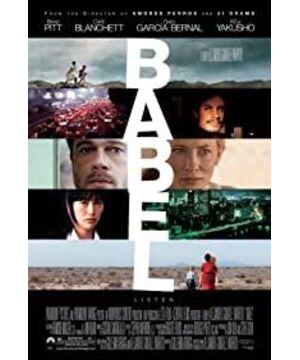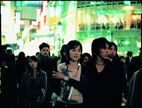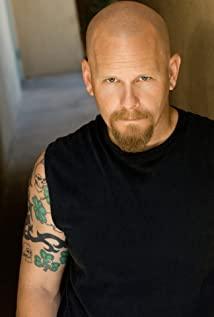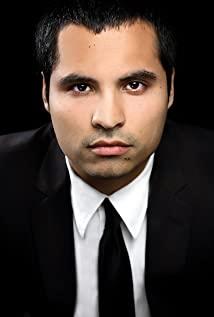What I call the main line is not the open line, a rifle strung together several popular stories, but other than that, what do these stories have in common? Another obvious question is, why is the name of the movie called "Babel"? The answers to these two questions can actually be closely linked.
"Babel" is the famous city Babylon in Hebrew. However, it is written in Genesis that another meaning of Babel is "to confuse or confound". In fact, classmate JJ also mentioned that because of the surprises of different languages, the same city has different names, so there are doubts between different cultures. Reflected in the movie, it is the communication barrier between the advanced culture and the backward culture, the sound and the silent. This is one of the main lines connecting seemingly unrelated plot fragments.
However, if you only consider this main line, the movie is a bit more biased, and the story that takes place in Japan appears to be a bit remote from the main line. Continue to study, you can find that Babylon is "bab-ilu" in Akkadian, which means "Gate of the God". This has some meaning. Speaking of "Babel", people are likely to think of "Tower of Babel", the "Tower of Babel", Ziggurat in the movie "Metropolis", the center of Babylon. The story of Tongtian Tower (one of the versions) is summarized as follows: When Babylonian civilization reached a peak, Babylonians began to be arrogant and prosperous, and attempted to make all people in the world no longer separate, unite and sit on an equal footing with the gods, rampantly build the Tongtian Tower, symbolizing From the world to heaven, you can come and go at will, which is almost the same as the meaning of "the Monkey King". However, the gods could not bear the degeneration of human civilization and their disrespect for themselves. They ruined the Tongtian Pagoda and made people speak different languages. People cannot communicate with each other.
The representative of the advanced culture in the film is the United States and Japan. They play the role of Babylonians in them, and they are eager to get collusion to solve their own problems; while Mexico and Morocco, which are in a disadvantaged position, do not have such a strong desire for collusion. Another point worth noting is that the stories between Moroccan and Mexican natives seem to be warmer, such as the sympathy of the police for the shepherds and the lively Mexican wedding; and among Americans, Japanese, interpersonal The relationship has become colder, and Americans hire Mexicans without status as babysitters. Japanese civilization also reflects many depravities, such as pornographic shows on TV, and drugs on the streets. This is a repeat of history, that is, the spiritual degeneration caused by advanced material civilization.
From the perspective of Tongtian Tower, the spiritual trend embodied in "Babel" is actually very negative, showing a kind of helplessness. In contrast, in response to cultrual shock, "Crash" left a few bright spots at the end. Personally, I think this movie is very good in terms of rhythm, but in other aspects, it seems a bit weak in terms of sensibility and rationality. Although the plot of the story reflects the theme to a certain extent, the connection is somewhat reluctant. On the artistic level, due to the intense drama conflicts, actors need to express a lot, but nothing is outstanding. Although Gustavo Santaolalla used his talents to the fullest in "Brokeback Mountain", the music of "Babel" was much bleak and stiff. In my opinion, the film as a whole is not as good as last year's "Crash", and even worse than "Syriana".
View more about Babel reviews











